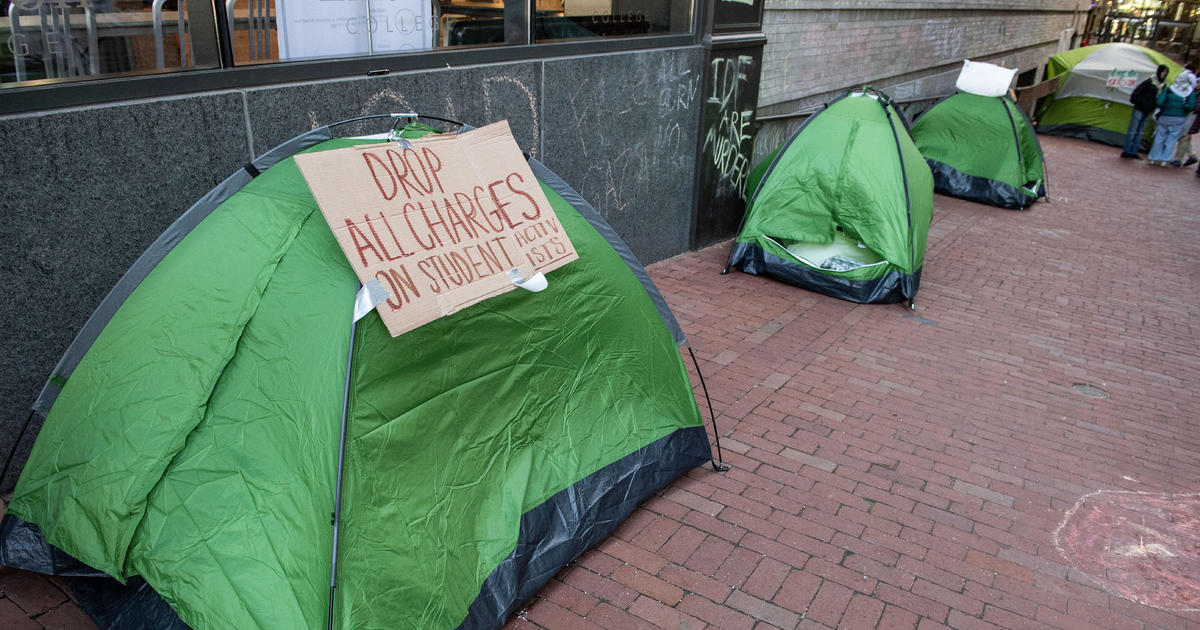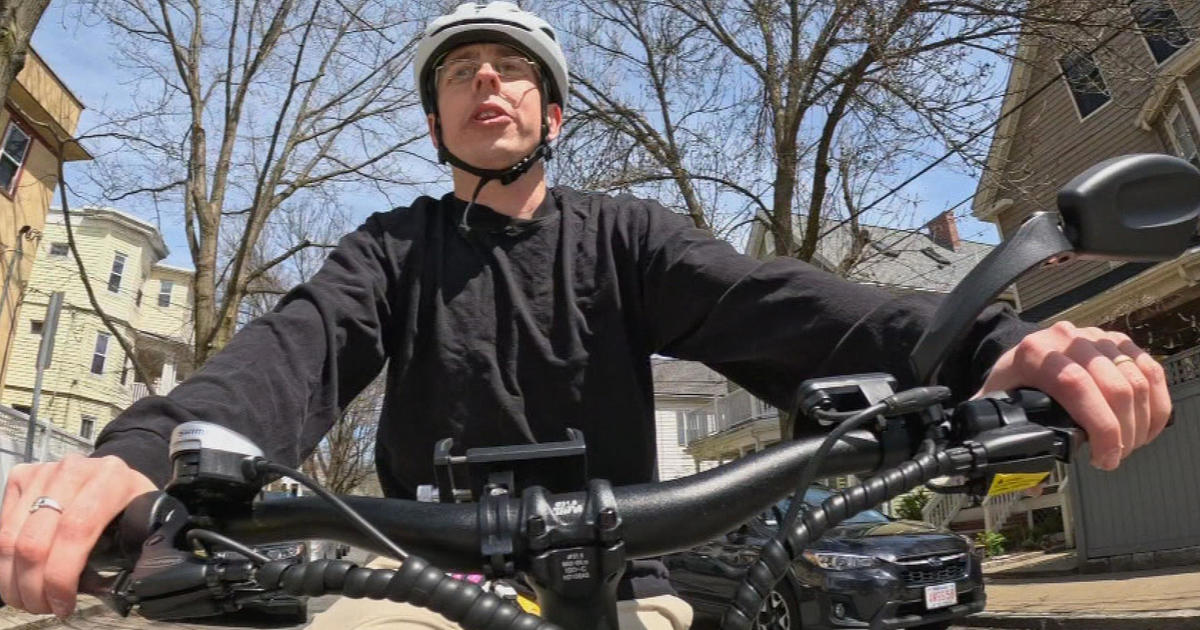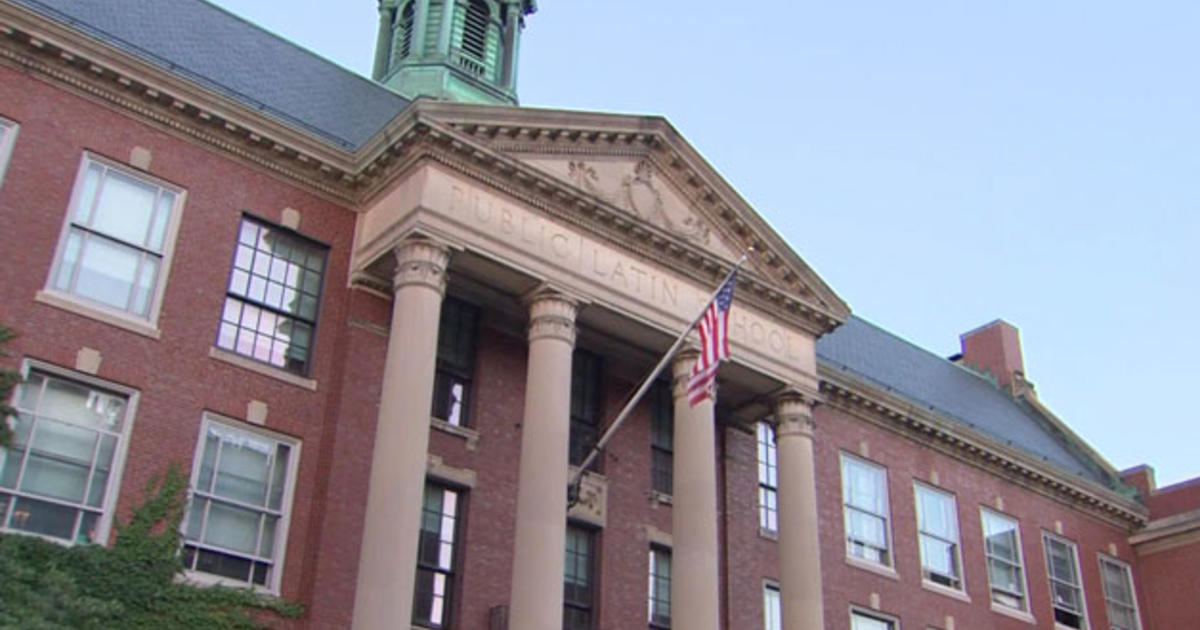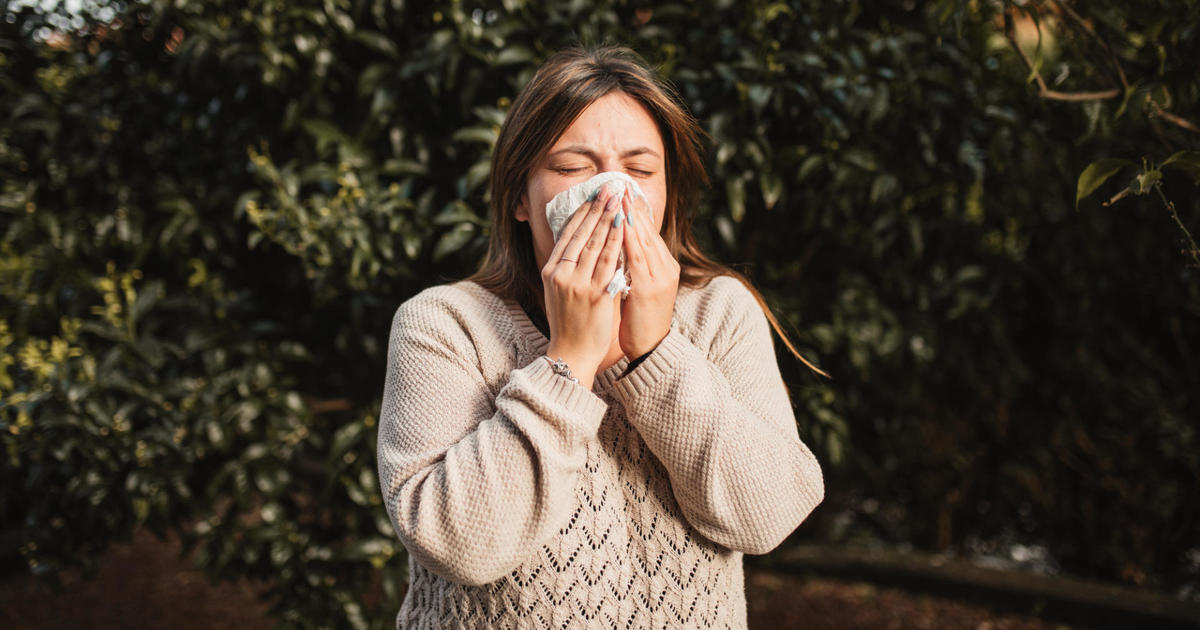Marijuana Addiction Uncommon But Real, Experts Say
BOSTON (CBS) -- Is marijuana addictive? It's a question many voters have as Massachusetts prepares to vote on legalized marijuana in November. The ballot question would essentially mean the state would treat Marijuana the same way it does alcohol. Highly regulated and taxed.
Many believe marijuana is a relatively benign substance, and isn't addictive, but 17 year old Elliott Italiano of Jamestown, Rhode Island would disagree. He started smoking his sophomore year in high school and at first; it didn't have much of an impact on his life.
"For school at first I started doing better. I was getting good scores and passing my classes much better," he said. That changed pretty quickly when Elliott began smoking more.
"You start smoking morning, night, right after school, sometimes in school. It does become habit-forming, completely," he said.
By the time senior year rolled around Elliott ended up in rehab at The Cove Center for Recovery. He was there for abuse of an anxiety drug, but says the pot was also a huge problem. "I started failing school more," he said.
Because he met so many kids in rehab who were addicted to life-threatening drugs like heroin, Elliott is reluctant to use the word addiction when it comes to marijuana, but Harvard Medical School researcher Dr. John Kelly isn't.
"About 10% of the people who use Marijuana will become addicted to it," Kelly said.
Numbers compiled by the National Institutes of Health show Marijuana is second only to alcohol in the number of people who seek treatment for addiction. More than heroin, prescription pain killers or cocaine. While many dismiss the idea that marijuana is physically addictive, researchers have documented physical withdrawal symptoms in heavy users who quit including: irritability, sleep difficulties, cravings and restlessness.
According to Dr. Kelly, the younger someone is when they start smoking, the greater the risk of dependence. The other tricky factor is dose. Many of these legalized Marijuana products and edibles are a far cry from the pot Baby Boomers and even Gen-Xers smoked in college. There are products available with high levels of THC (the active ingredient in marijuana). Higher doses make today's pot more addictive and more damaging to young brains. Dr. Kelly is certain that greater access to Marijuana will be a problem. "We would see higher numbers of people who are addicted. There is absolutely no doubt about that," he warned.
Professor Miriam Boeri of Bentley College agrees marijuana can be addictive and should not be used by children. But, as a drug abuse researcher she wants to reduce harm, and believes Marijuana could help curb the opioid crisis.
"People are dying. Marijuana is far less harmful than Heroin and prescription drugs that these people are dying from," she said.
Boeri has seen first-hand how marijuana can help opioid addicts kick their dependence. Boeri advocates the use of marijuana under the care of a physician, but claims many addicts don't have access to medical marijuana because of previous criminal convictions or they simply can't get to one of the four dispensaries in Massachusetts.
"Every state that legalized Marijuana, their opioid death rates went down, some of them by 30%," she said, quoting a large epidemiological study.
Elliott believes people will smoke pot whether it is legal or not. He's just glad he realized that it can take over your life. "I almost didn't graduate. But now that I have been through all that I have been through, I'm now able to walk the stage this year, which is fantastic."
The proponents of legalized marijuana argue pot is less addictive and less harmful than alcohol and adults shouldn't be punished for making that choice.



